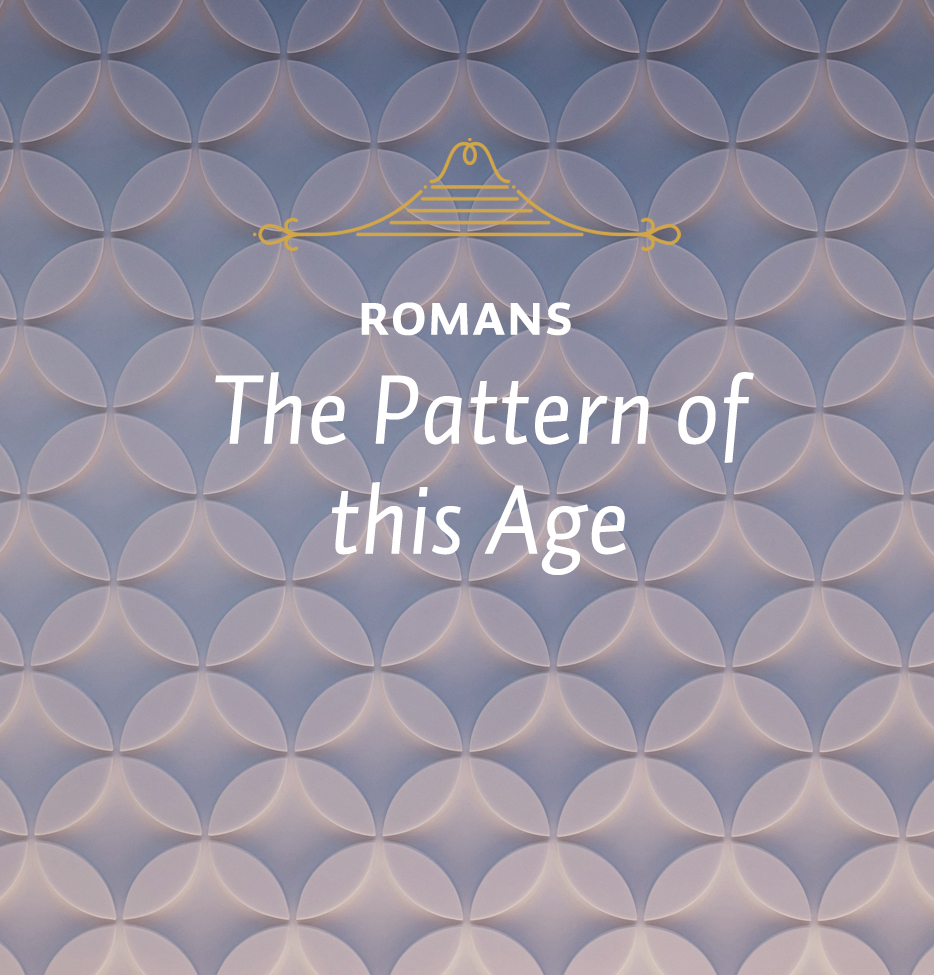In yesterday’s study I said that there is a proper concern for secular things but that secularism as a worldview is wrong. I need to say the same thing about this next popular “ism,” humanism.
Obviously, there is a proper kind of humanism, meaning a proper concern for human beings. Humanitarianism is a better word for it. People who care for other people are humanitarians. But there is also a philosophical humanism, which is a way of looking at people, particularly ourselves, apart from God, and this is not at all right but is wrong and very harmful. Instead of looking at people biblically, this is a secular way of looking at them, which is why we so often couple the adjective to the noun and speak more fully, not just of humanism but of “secular humanism” instead.
The best example of secular humanism I know is in the book of Daniel. One day Nebuchadnezzar, the great king of Babylon, was on the roof of his palace looking out over his splendid hanging gardens to the prosperous city beyond. He was impressed with his handiwork and said, “Is this not the great Babylon I have built as the royal residence, by my mighty power and for the glory of my majesty?” (Dan. 4:30). Humanism says that everything revolves around man and exists for man’s glory.
God would not tolerate this arrogance. So he judged Nebuchadnezzar with insanity, indicating that this is a crazy philosophy. Nebuchadnezzar was then driven out to live with the beasts and acted like a beast until at last he acknowledged that God alone is the true ruler of the universe and that everything exists for His glory rather than ours. “I, Nebuchadnezzar, raised my eyes toward heaven, and my sanity was restored. Then I praised the Most High; I honored and glorified him who lives forever” (Dan. 4:34).
Humanism is opposed to God and hostile to Christianity. This has always been so, but it is especially evident in the public statements of modern humanism: A Humanist Manifesto (1933), Humanist Manifesto II (1973), and The Secularist Humanist Declaration (1980).
The 1973 Humanist Manifesto II said, “We find insufficient evidence for belief in the existence of a supernatural”1 and “There is no credible evidence that life survives the death of the body.”2
Where does humanism lead, then? It leads to a deification of self and, contrary to what it pro- fesses, to an utter disregard for other people.
Look at the bestsellers of the 1970s. You will find titles like Winning through Intimidation and Looking Out for Number One. These books say, in a manner utterly consistent with secular humanism, “Forget about other people; look out for yourself; you are what matters.” What emerged in those years is what Thomas Wolfe, the social critic, called “the Me Decade.” And the 1970s gave way to the 1980s which others have aptly called the “Golden Age of Greed.”
For humanism as well as for secularism, the word for Christians is “do not conform any longer.” And remember that the first expression of humanism was not the Humanist Manifesto of 1933 or even the arrogant words of Nebuchadnezzar spoken about six hundred years before Christ, but rather the words of Satan in the Garden of Eden, who told Eve, “You will be like God, knowing good and evil” (Gen. 3:5).
1Humanist Manifestos I and II (New York: Prometheus Books, 1973), 16.
2Ibid., 17.






